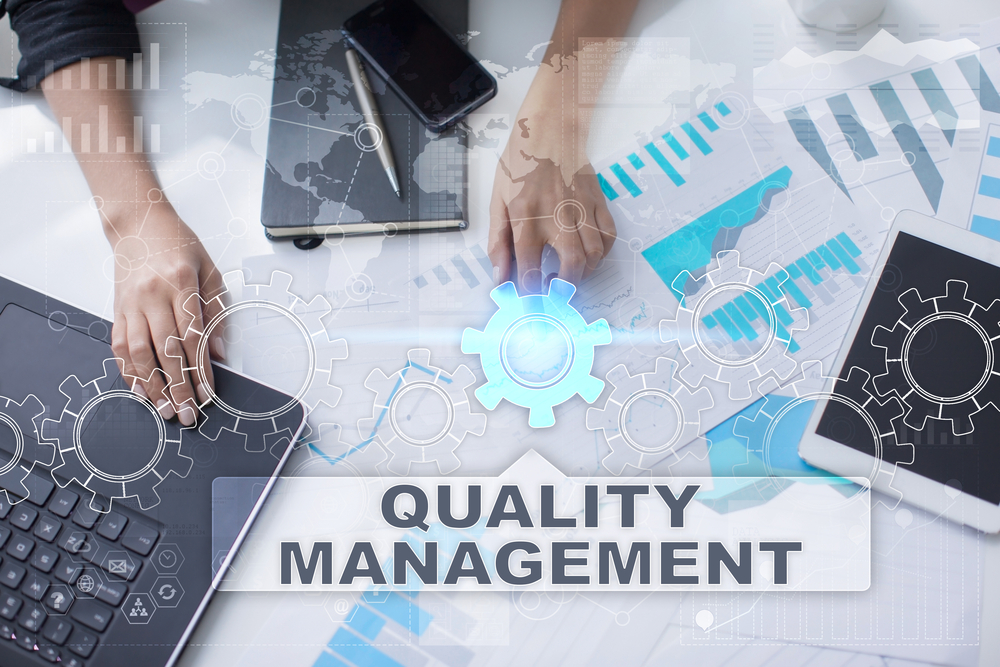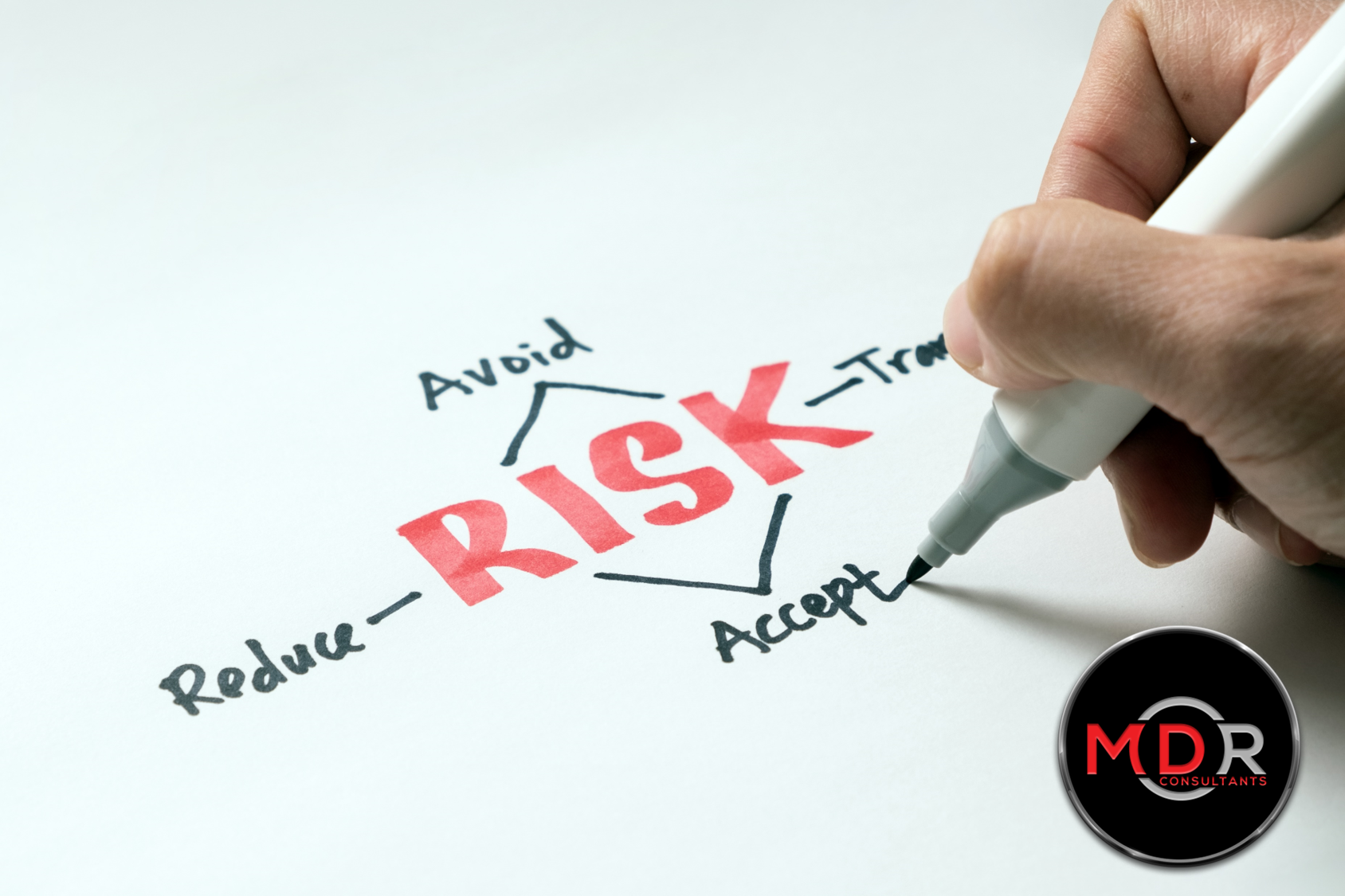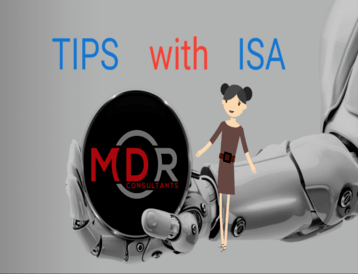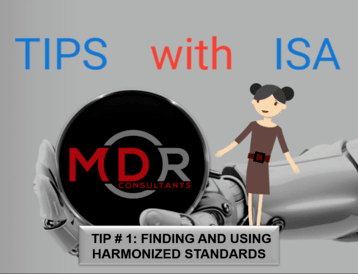October 07, 2022
5 Key Aspects to Consider when Designing the Perfect Medical Device Quality Management System for your Company
Author: Isabel Osorio, President and Owner of MDR Consultants Inc.
With strict regulatory oversight from certification and regulatory bodies and from the inherent human impact of the products produced by the medical device industry, it has become essential to develop an effective quality management system that can ensure that processes and their applications are able to consistently produce products and services that meet pre-determined requirements.
So, what are the key attributes to consider when creating a “perfect” medical device Quality Management System (QMS)?
Companies offering services or products to the medical device industry have applicable standards and regulations that define minimum requirements for the processes and outputs required to be documented, implemented, mantained, and often continually improve under their quality management systems. In order for companies to create a compliant, conformant, and effective quality management system the design and development of this system should consider the following 5 key aspects:
- Identify Applicable Activities: The first step of the design and development process of a quality management system is for the organization to understand and identify the activities the organization will perform. Our industry, over time, has created eight categories of activities that should be considered and they include the following: design, development, manufacture / manufacturing, installation, service, sales, distribution, warehouse / warehousing and/or storage. The organization therefore should evaluate the overall purpose of the business and identify which of these activities they will be performing. Remembering that even if some of these activities are outsourced but are required to support the specific business model or goal, the responsibility of oversight assurance relies on the organization.
- Identify Applicable Requirements: Once the list of activities the organization will be performing is completed, then the organization shall review the standards and regulations that will apply to the specific product(s) or service(s) that will be offered. In the medical device industry, the applicable requirements to a medical device company and more specifically to the quality management system is directly related to the level of risk of the products or services that the company will put or offer on or to the market. At the same time, the jurisdiction where the company will have their place of business as well as where they will offer their products or services is also a key aspect to consider. In general, international standards are universal and often voluntary but regulations are country specific and mandatory. Once this list of applicable or selected requirements is identified, then a thorough review shall be performed to understand the specific requirements for each process under the organization’s QMS. This shall be the base line to build the processes under the QMS. For example, in the United States of America, manufacturers of medical devices must comply with the Quality System Regulation (QSR) as defined under the US Code of Federal Regulation; FDA Quality System Regulation. Therefore, the QMS of the company shall comply with the applicable requirements, defined by the identification of the processes and risk of the device under the organization’s QMS. To achieve this, the organization needs to create supporting documented processes that should be effectively implemented and mantained over time to ensure continual compliance to the regulation.
- Resource Evaluation: Once the processes and related specifications required for the QMS are identified, the organization shall understand their human resources needs. How many employees will be supporting each process? This evaluation shall be performed as early as possible because the specific design of the documented procedures, work instructions, and as applicable, the forms that produce the processes outputs to ensure effectiveness of implementation shall be created in line with available or planned human resources. If an organization is small, the organization would be unable to allocate multiple employees to support a process and therefore the process shall be design to be lean, with limited layers of oversight, and with a limited number of key process indicators (KPIs) as outputs to be monitored. If an organization is large, then the processes can be design with a higher level of complexity, requiring several layers of oversight, and generating multiple KPIs as outputs to be monitored. Regardless of the size of the enterprise and the available resources, any company can create an effective QMS to fit their needs.
- Design and Implementation of KPIs: KPI implementation is a fundamental tool companies have to monitor, maintain, and continually improve their QMS. If design appropriately, these indicators will provide a clear understanding to the organization’s management team of the level of effectiveness of implementation of the processes under the company’s QMS. This evaluation shall be performed taking into account the business model and related activities being performed, the products and services provided, and the applicable statutory and regulatory requirements. KPIs shall provide top management with information that can be evaluated to determine the level of effectiveness of implementation of the processes and by extension the QMS. This information would also be linked to the level of quality of the products or services being provided.
- Company Culture: One of the key factors that affect the effectiveness of a QMS is the company culture surrounding the adherence, compliance, and conformance to applicable requirements. This aspect is very often overlooked by organizations with a detrimental effect. It is often seen that if the company culture promotes, directly or indirectly, a narrative that these requirements are an unwanted imposition, then the QMS’s processes will often be ineffective. If on the contrary, the company culture promotes and ensures that each employee understands the reason behind a process requirement and links it to a related human output, the QMS will certainly be more effective, the processes will be leaner, and the workload and use of unnecessary resources will be reduced.
In summary, the design and development of the Perfect QMS of a company offering products or services to the medical device industry shall be a strategic process to ensure that the output is a lean, conformant, compliant, and effective QMS that is able to provide a system of control that ensures that the processes or services being provided consistently meet requirements.
About the Author:
Isabel Osorio is the president and founder of MDR Consulting Inc. a medical device consulting firm specializing in regulatory and quality consulting services for the medical device industry. She is a former member of industry following a 16-year career in the medical device field, where she gained extensive experience as an Engineer, a Lead Auditor and a Certified Trainer for Notified Bodies, and as a consultant. While working on the front lines as a Clinical Specialist years ago, a chance encounter opened her eyes to the detrimental effects of companies skipping past proper quality controls and procedures. This experience changed her perspective on the importance of Medical Device Standards and Regulations forever and inspired her to focus her career on helping medical device companies and professionals better understand the requirements to ensure confidence and competence in their implementation of relevant requirements. Product malfunctions can have harmful effects on someone’s life, including death, and that patient could be you or a loved one. That is why patient safety is at the heart of MDR Consultant’s mission to provide best-in-class training and consulting services. You can reach her at info@mdrconsultants.com.





























